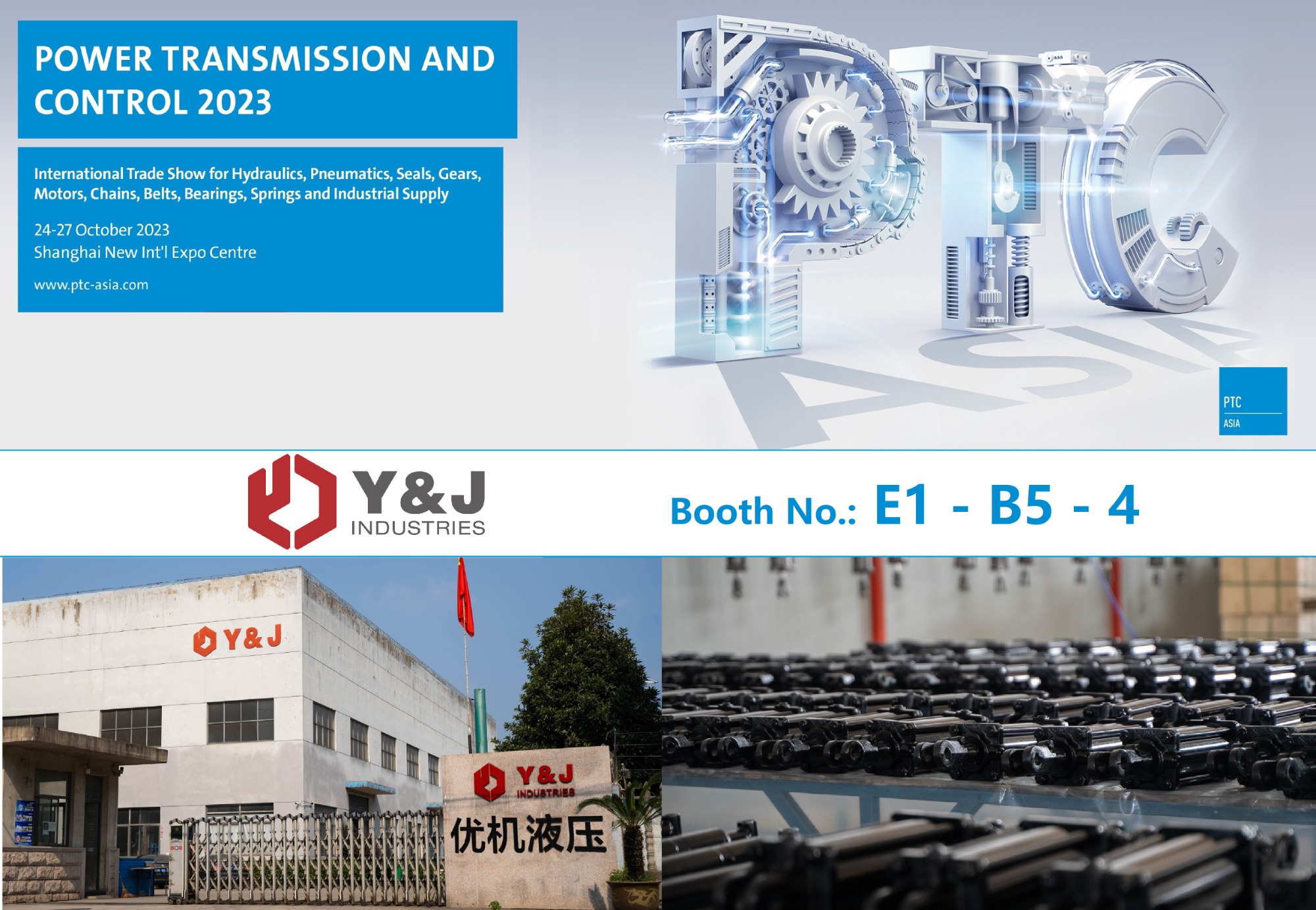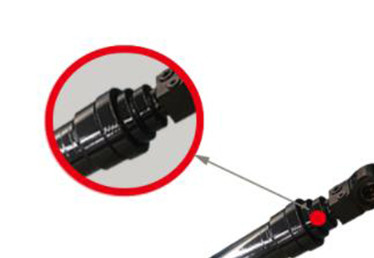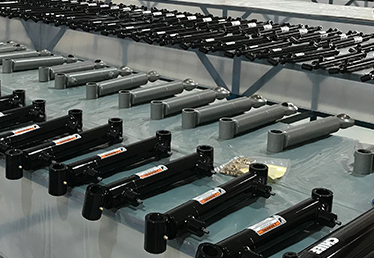Why does hydraulic cylinder leak happen?
Internal leaks which often happen in the hydraulic cylinder allow hydraulic fluid to flow from a high-pressure area to low pressure area. Although the leak never causes the fluid to exit the hydraulic system, internal leaks could cause adverse effects to daily operation. The reason for internal leaks could include incorrect design, wearing and tearing parts and miscalculation of tolerance, etc. Once internal leaks have appeared, the hydraulic cylinder would be suffered from reliability and functionality drop due to energy loss.
How to discover the leak?
Because of leaks occurring internally, it is quite tricky to be discovered and the process of locating and resolving the problem is also time-consuming. By observing the movement of a cylinder (might be delayed) and unusual noise/vibration, you could judge whether the internal leaks have occurred. Meanwhile, extending the cylinder to make sure there is no pressure on the cylinder and is not be able to retract is another way of inspection. Pressurizing the cylinder, if there is oil flowing out of the oil port, the cylinder could leak internally and the pressure meter would indicate insufficient pressure. In the contrast, if oil is not flowing out, internal leaks should not be the problem.
How to maintain the cylinder?
Apart from inspection, maintenance is another procedure for letting the hydraulic cylinder work properly. Keeping the hydraulic oil clean is always important to prevent from particles damaging the cylinder. If corrosion and wear take place, these often occur in barrel, rod and seal and damaging the barrel is a result of misalignment by wearing rod. Checking the operating temperature and replacing seals should be consistent procedures that contain disassembling the cylinder with a long-term running for more detailed inspection. A physical detection for cap and piston could demonstrate whether particles have existed inside the cylinder which would cause collisions.
 Meet us at PTC Asia 2023!
Meet us at PTC Asia 2023!
 Telescopic Hydraulic Cylinder
Telescopic Hydraulic Cylinder
 Hydraulic Cylinder Type
Hydraulic Cylinder Type